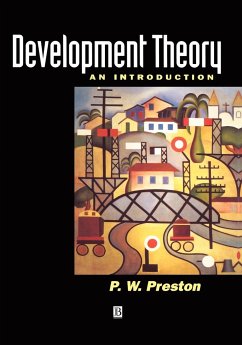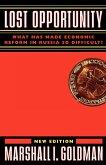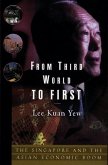In this invaluable introduction to the major post-Second World War theories of Third World development, Peter Preston takes as his focus the strategies used to analyze change in the Third World and examines the ways in which different conceptions of the nature of change have led to different lines of policy advice. In doing so, the author demonstrates how the various contemporary approaches to development draw upon strategies of enquiry which are lodged deep within the intellectual traditions of the modern world. The author s approach is based on the premise that the reader can only fully grasp the live issues and debates surrounding development through an understanding of the linkages with the broader frameworks of social theory.
The volume is organized into four major sections:
An introduction to the nature of social scientific analysis;
A review of the work of the major social scientific figures of the nineteenth century and their impacts in the twentieth;
A comprehensive discussion of the post-Second World War theories of Third World development;
A prospective study of the current debates within the field of development theory about global structures and agent responses.
Development Theory is designed to appeal to students across a wide range of disciplines, who are taking courses dealing with aspects of development.
The volume is organized into four major sections:
An introduction to the nature of social scientific analysis;
A review of the work of the major social scientific figures of the nineteenth century and their impacts in the twentieth;
A comprehensive discussion of the post-Second World War theories of Third World development;
A prospective study of the current debates within the field of development theory about global structures and agent responses.
Development Theory is designed to appeal to students across a wide range of disciplines, who are taking courses dealing with aspects of development.








